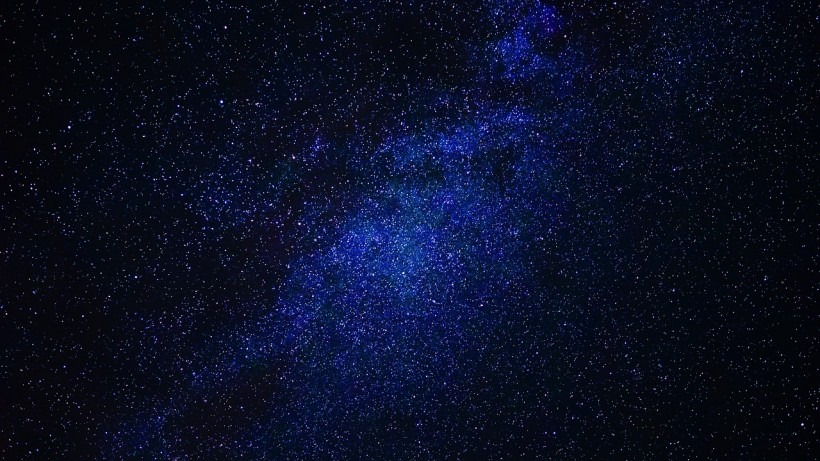Two theoretical physicists proposed a theory about what will happen to the universe as it expands. Although some believe a second or third Big Bang may occur, they say the cosmos may never end.
The physicists discovered that dark energy might periodically "switch" on and off, expanding and contracting the universe until the circumstances are suitable for a new Big Bang to occur, creating a new universe.

Second, Third Big Bang? Dark Energy Could Be Causing the Universe To Expand Faster
The Universe Is Expanding Faster
The cosmos is dense with stuff, and gravity's attraction force draws all matter together, according to NASA. In the early 1990s, scientists believed that the universe had enough energy density to cease expanding and recollapsing or that it might have little energy density and that it would never stop expanding.
Then in 1998, the Hubble Space Telescope (HST) studies of very distant supernovae revealed that the cosmos was growing more slowly than it was now a long time ago.
Contrary to popular belief, the cosmos has been expanding faster and faster rather than decreasing due to gravity. Nobody anticipated it, and nobody knew how to describe it.
Although there is more unknown than known, scientists know how much dark energy exists because they understand how it influences the universe's expansion. Dark energy is around 68% of the cosmos and accounts for approximately 27% of all matter. As per Live Science, dark matter is mysterious, but it is thought to be causing the universe to expand faster and faster.
Cosmologists are unsure about the faster expansion of the universe, which they call dark energy., but they know that the universe will eventually expand into nothingness if this acceleration continues.
It would not be the first instance of explosive expansion. The energy and densities in the early seconds of the Big Bang were so intense that present physics cannot cope. The cosmos then went through a phase of swift expansion known as inflation, which is similarly poorly understood.
Astronomers have long questioned if the early moments of the Big Bang and the present epoch are linked and if an entity that drives both avoids the dilemma of the big bang singularity.
Can Dark Energy Avoid Big Bang?
In the study titled "Bouncing Cosmology From Nonlinear Dark Energy With Two Cosmological Constants," available in the preprint database arXiv, the team discussed a model of the universe where dark energy plays a role in the expansion of the universe.
Previous models of dark energy showed that it could be switched on at different times to influence cosmic expansion. However, the new study proposes a more realistic model considering matter and radiation.
As Live Science reported, the team hoped to investigate if dark energy could evade the singularity of the Big Bang, generate inflation, and accelerate the late universe. The cosmos cannot originate from the point of infinite density to prevent that initial singularity. Instead, the world lives in would have to be a never-ending sequence of "Big Bounces."
In this scenario, dark energy drives the cosmos until it reaches a specific size. The dark energy changes, pushing the cosmos to constrict, and the universe experiences a significant crunch. But just before reaching a state of infinite density, dark energy reverses, which leads to a period of speedy inflation and restarting the cycle.
RELATED ARTICLE: Universe Expansion Could Stop as Dark Energy Weakens and Contract Very Slowly
Check out more news and information on Space in Science Times.




![Earth's Quasi-Moon Kamo‘oalewa Could Originate From Lunar Surface Not Asteroid Belt [Study]](https://1721181113.rsc.cdn77.org/data/thumbs/full/53275/89/56/50/40/earths-quasi-moon-kamo-oalewa-could-originate-from-lunar-surface-not-asteroid-belt-study.png)









